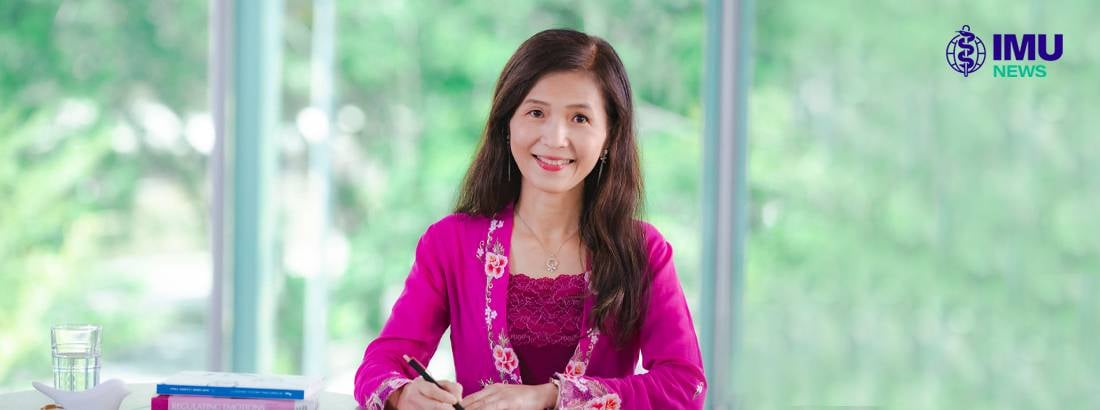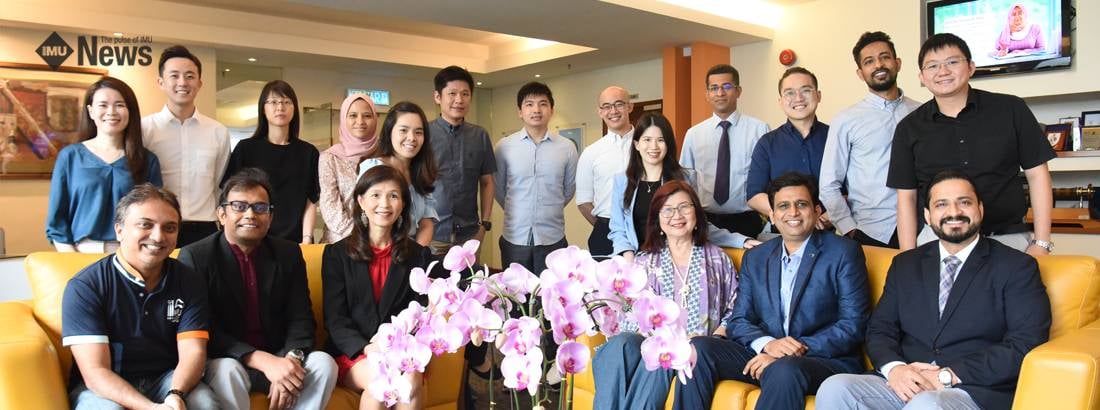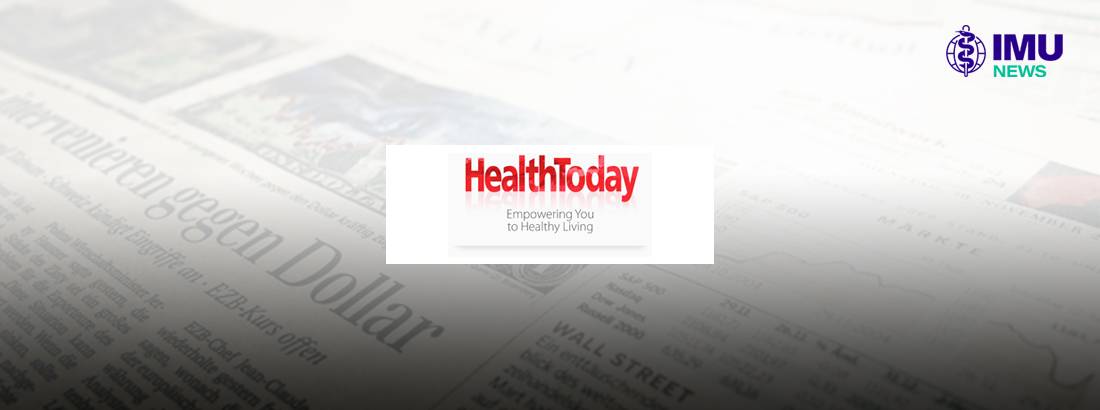Python is considered the most popular and versatile programing language used in everything from machine learning, automating tasks, building websites, perform data analysis – you name it, you construct it. This language is in the background of most automated tasks in dentistry.
There are at least 40 public repositories matching the topic dentistry in GitHub. Ranging from WebCeph for cephalometric analysis, caries detection from radiographs, maxillary/mandibular anatomy, virtual patient simulator and a lot more.
But why do dentistry students need to learn Python? Can’t they just work with the python programmers. The same question, I had asked as a dental student, in a different context, why should I know and do the steps of complete denture in the laboratory?
IMU Bachelor of Dental Surgery (BDS) is probably the first undergraduate dental curriculum that offers the stand-alone course called Data Science and Analytics (DSA) in Semester 5. Python was introduced based on student and other stakeholders’ feedback. The main challenge was to develop a syllabus that is relevant and engaging to dental students. Following consultation with various experts in AI, machine learning, programming language, dentists using AI in their practices, a simple and engaging course was drafted.
Following an introductory discussion on python and its applications in dentistry, we did simple coding in python. Image labelling was learned by working in CVAT®. The concept of machine learning and deep learning was discussed with various current applications, google lens, siri. We came back to pytpythongle-colab® and learned how a machine learns by itself to perform tasks instead of a human writing the python codes. Interested students went on to take advanced online courses in python.
Students' Positive Feedback
“I learnt what coding is, how to code and about coding languages. I’ve attained a good basic understanding of AI, ML and how data is incorporated in modern technology to help our daily life.”
“..learned about deep learning and how to annotate a tooth which might be useful in the field of radiography.”
“Amazed that the computer could generate the values in Google Colab quite accurately.”
“..create programmes to extract data in whatever way I like, through the electronic health record that i will be using in the future, whether it be for auditing or for research purposes.”
“..phyton will be useful for interpreting the radiographs, we can integrate deep learning for this purpose.”
“..was just thinking if we could use python to create something else like games other than the ones we learnt” “more examples of using python in dentistry.”
Reach out through your comments and offer for collaboration in the course. This will enhance this course and of course, you will leave more learned from our amazing learners. Dr Shaju@IMU conducts the DSA course for IMU BDS programme.





